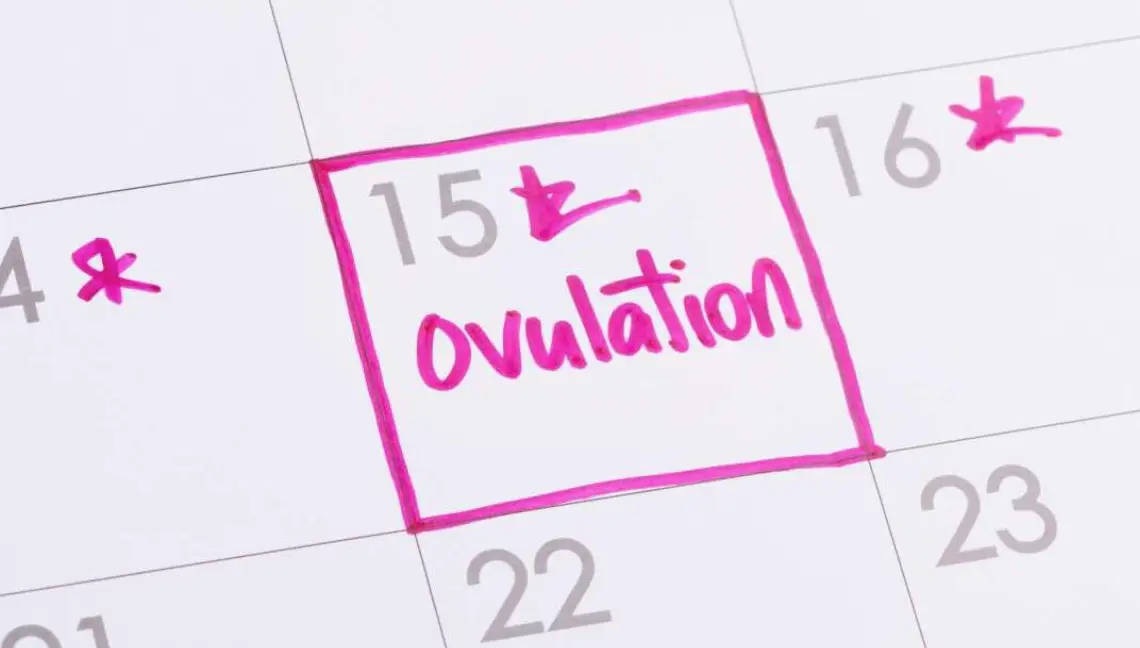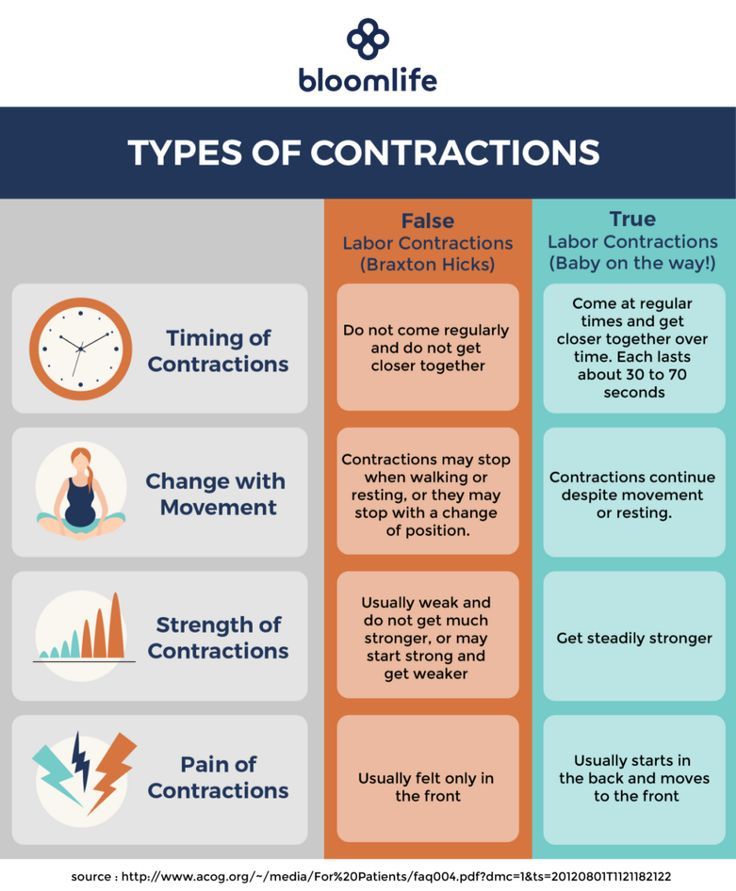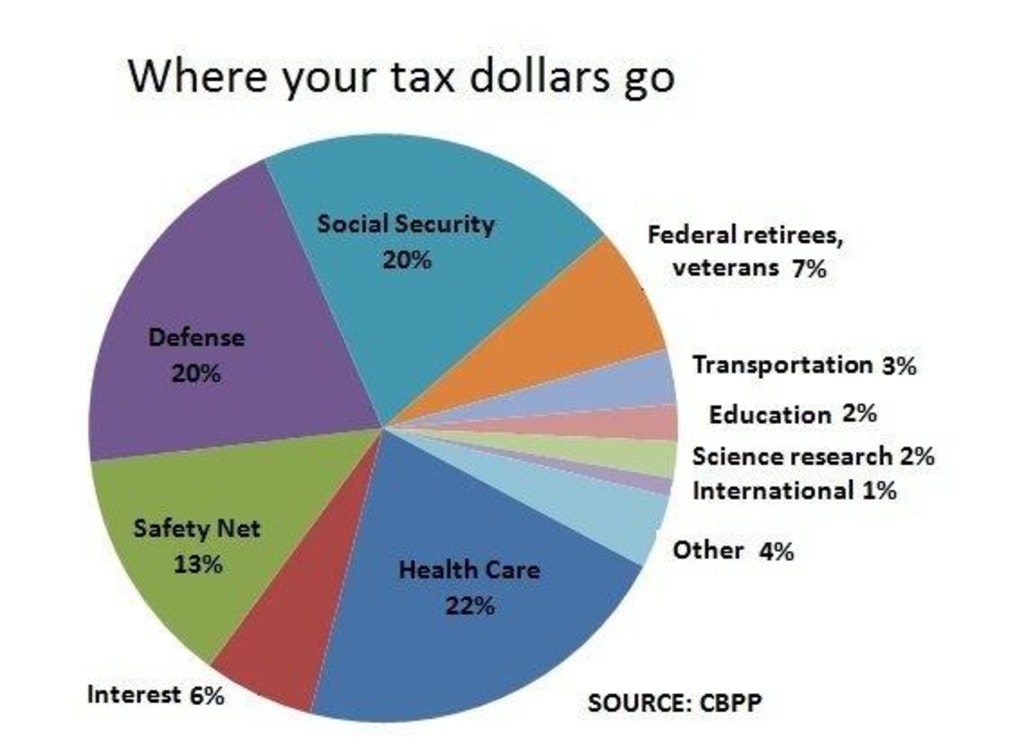How does the no child left behind act work
Understanding No Child Left Behind
On the 12th birthday of No Child Left Behind, many are still wondering what this federal law is and how it affects the education of their children today. While NCLB is now thick in the reform process, confusion continues over how to alter education policies for the best interest of the students they were designed to teach. The first step is to understand what No Child Left Behind is, why it was created, and how your child may continue to benefit from it. It will also discuss some potential controversies surrounding the legislation and the reasons why reform appears so hard to come by.
What Is No Child Left Behind?
No Child Left Behind was first introduced as House Resolution 1 during the 107th Congress in March of 2001. The No Child Left Behind Act aimed to ensure that all students, regardless of race or socioeconomic status, would have the opportunity for a solid education. President George W. Bush signed the No Child Left Behind Act into law in January of 2002.
Photo by Executive Office of the President of the United States, [Public domain], via Wikipedia Commons
No Child Left Behind is a bipartisan effort. The act passed with support from democrats and republicans alike and a bipartisan commission was created in 2006 to review No Child Left Behind, its promises, and its problems. This commission provided Congress with recommendations prior to the renewal of No Child Left Behind in 2007. Unfortunately, NCLB has ground to a halt since that time, as lawmakers have been unable to agree on precisely how to reform the federal mandate.
The No Child Left Behind Mandate.
No Child Left Behind mandates that all teachers must be "highly qualified" by the end of the 2005/2006 school year. According to the law, "highly qualified" means that a teacher must meet the license and certification requirements of the state in which they teach. A teacher must also hold at least a bachelor's degree and must pass state testing criteria to be eligible to teach beyond the 2005/2006 school year.
A teacher must also hold at least a bachelor's degree and must pass state testing criteria to be eligible to teach beyond the 2005/2006 school year.
If a teacher did not meet any of these qualifications by the end of the 2005/2006 school year, they will not be allowed to teach again until they do meet these mandatory requirements.
No Child Left Behind also mandates that all students in a school must be "proficient" by the 2013/2014 school year. Each state will determine its own standards of "proficiency" for the students in that state. If at that point, a school repeatedly produces students who are not proficient in their studies, the students at that school will have additional assistance programs available to them, such as the ability to attend one of at least two other schools in their district.
The longer a school fails to meet the No Child Left Behind criteria, the more assistance will be made available to parents and students in that school's district.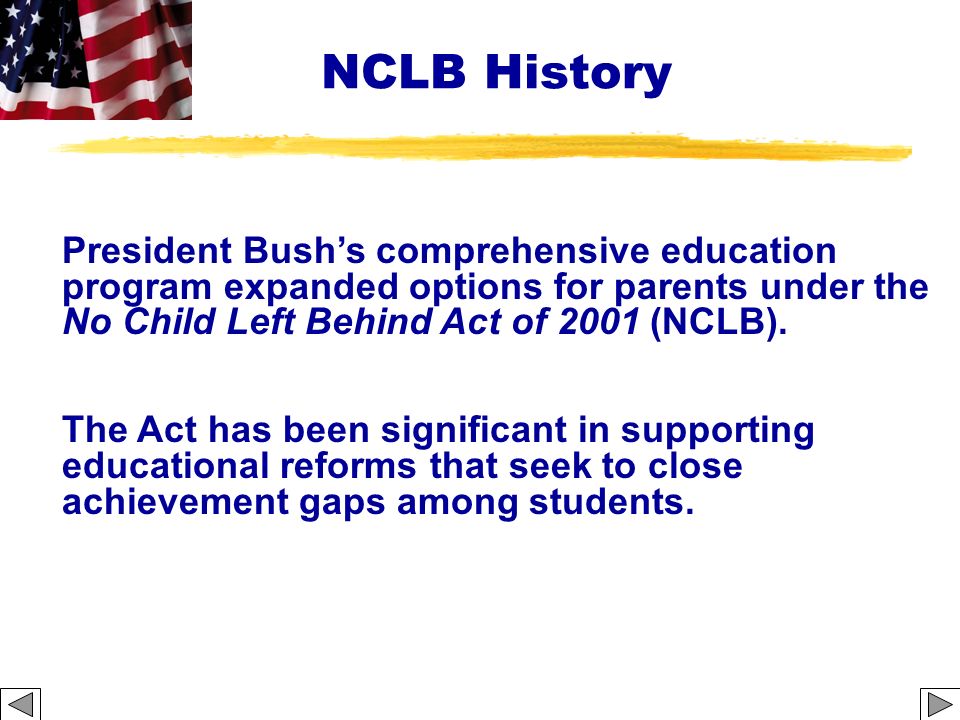 These schools will also face additional disciplinary measures, including, but not limited to, state takeover.
These schools will also face additional disciplinary measures, including, but not limited to, state takeover.
What Does No Child Left Behind Do?
According to the U.S. Department of Education, No Child Left Behind was designed to provide school districts with more funding in the form of No Child Left Behind bonuses, as long as those schools are achieving the standards set by No Child Left Behind. No Child Left Behind will also allow states and school districts more flexibility in the use of their resources, hold school districts and individual schools accountable for their results, give parents "report cards" grading the schools in their school districts so they can see which schools in their neighborhoods are succeeding, provide extra help with learning, offer school choice and encourage parental involvement.
If schools that are found lacking fail to improve each and every year between now and 2007, a school improvement plan will be implemented.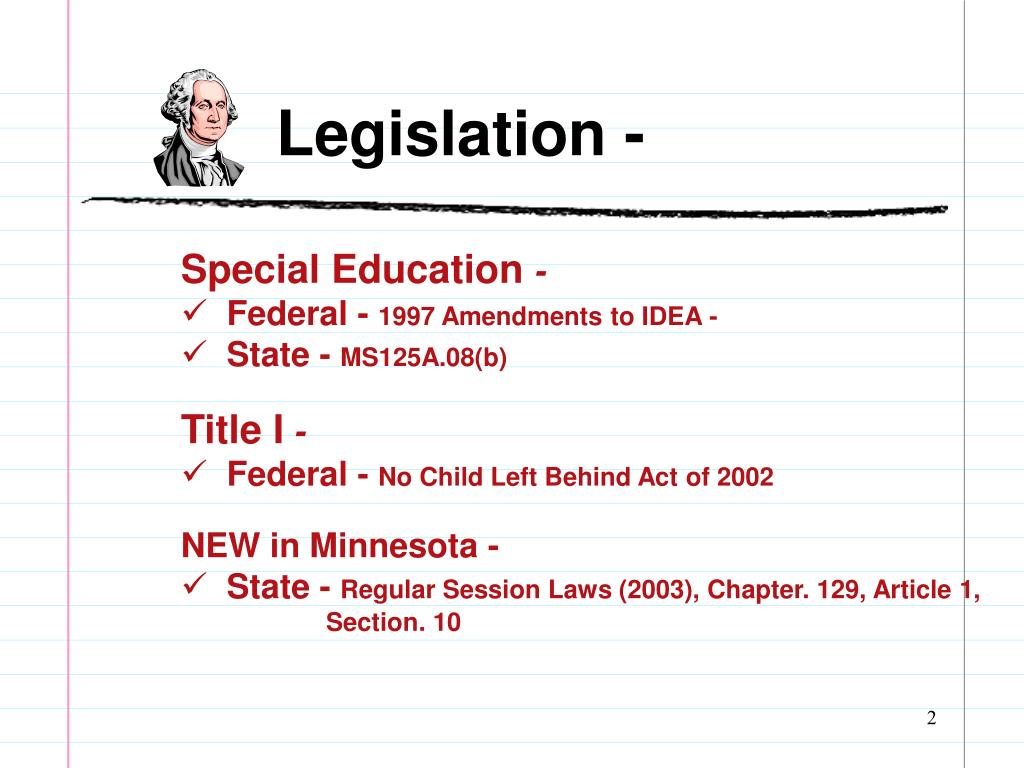 If the school still fails to improve after such a plan has been implemented, the school may be subject to state takeover.
If the school still fails to improve after such a plan has been implemented, the school may be subject to state takeover.
Controversy Surrounding No Child Left Behind.
There has been plenty of controversy surrounding No Child Left Behind. Teachers, schools, educational organizations and even entire states have come forth and declared No Child Left Behind to be "flawed" and "ineffective" for various reasons. As reform of the law moves forward, debates about how to make NCLB more effective continue across the aisle and even among different schools and districts.
Money Concerns.
Perhaps the biggest controversy surrounding No Child Left Behind is the issue of adequate funding. While the intentions of No Child Left Behind may be laudable, if the funding isn't there to back it, the plan may become more of a burden than an aid. According to a study conducted by the National Association of State Boards of Education (NASBE), that appears to have been an early problem with the program.
The Study the NASBE conducted estimated that it would cost approximately $7 billion dollars over a seven-year period for all of the states to develop and implement the testing programs outlined in No Child Left Behind. However, the No Child Left Behind budget only authorizes $400 million dollars to go towards helping the states design and implement the tests. According to the study, that would mean the schools would be responsible for footing a bill of more than $6 billion dollars.
The NASBE isn't the only educational organization raising eyebrows at No Child Left Behind. According to statements made by Becky Fleischauer, the spokeswoman for the National Education Association, in an interview with Education World, Fleishauer feels that the goals of No Child Left Behind are admirable, but the means to meet those goals just aren't there. The spokeswoman fails to see how the goals will be realized without complete federal funding since states are facing deficits and ongoing issues with budget cuts as it is.
Sacrificing One Subject for Another.
Another issue leading to the No Child Left Behind controversy is the fact that some teachers have felt pressured to focus on subjects rated by the No Child Left Behind testing requirements, rather than focusing on providing children with a well-rounded education. Some schools have been accused of cutting back on studies involving science and the arts to increase the focus on English and math. As a result, some complain education isn’t really improving; it just means sacrificing one subject's proficiency for another.
This video explains No Child Left Behind.
Too Much Federal Control.
Another concern that has been brought up by individuals and organizations across the country is that of federalizing education. According to Bruce Hunter, the Associate Executive Director of the American Association of School Administrators (AASA), the AASA did indeed support the goals of No Child Left Behind, but the organization could not endorse it due to the fact that the law expands the federal government's role in education, a matter that should be left up to the individual states.
Some people are going so far as to say No Child Left Behind is unconstitutional. According to the Constitution's Tenth Amendment, if something is not covered in the Constitution, it needs to be handled at the state level. Since there is nothing about educational standards in the U.S. Constitution, many opponents feel that the federal government has overstepped its boundaries.
It is important to note that people on the other side of the fence argue that No Child Left Behind actually gives schools more freedom due to the fact the schools will have more flexibility in determining the use of the federal funds they receive. It is also important to note that the states will be defining their standards as to what constitutes "proficient," not the federal government.
While it is true that No Child Left Behind has been run at the federal level, states do have the power within the program. It is also important to note that the federal government has had a hand in educational standards for quite some time, so No Child Left Behind is not the first instance of federal influence on school standards.
Necessary Changes.
The National Education Association believes that in order for No Child Left Behind to be successful, the approach and the plans need to be changed. The organization has established five priorities they believe need immediate attention before No Child Left Behind can achieve any of the goals it is intended to accomplish.
The five priorities established by the National Education Association include implementing an accountability system that would reward educators, cutting down class sizes to improve student/teacher interaction and student learning, putting qualified teachers in every classroom, the encouragement of families and communities in the education of the school's children, and providing adequate resources to ensure all public schools can provide quality education.
What Does No Child Left Behind Mean To You?
What does No Child Left Behind mean for you and your child? First and foremost, it means more freedom and power for parents and the assurance of a good education for your child. If students in a Title I school (a school with a high number of students from low-income families) aren't making academic progress on an annual basis, No Child Left Behind gives parents the power to change the school their child attends and the ability to provide their child with the extra help their children need.
If students in a Title I school (a school with a high number of students from low-income families) aren't making academic progress on an annual basis, No Child Left Behind gives parents the power to change the school their child attends and the ability to provide their child with the extra help their children need.
Public School Choice.
Photo By Daderot (Own work) [Public domain], via Wikimedia Commons
Public choice is provided to children who attend a Title I school if the state has deemed that school as being unsafe or as needing improvement. If your child attends one of these schools, you can choose to send your child to another public school in a different school district at no cost to you.
Each and every year, your school district must notify you, letting know whether or not your child is eligible to transfer to a different school. If your child is eligible for transfer, the district is required to provide you with at least two different transfer schools to choose from. In addition to allowing your student to transfer to another school, the school district will also be required to pay for your child's transportation to and from the school.
In addition to allowing your student to transfer to another school, the school district will also be required to pay for your child's transportation to and from the school.
If a school is unable to pay for all of the students transferring schools, priority is given to underachieving students and to students from low-income families.
Supplemental Educational Services.
If your child is having trouble in school and is attending a Title I school that has been in need of improvement for a period of at least one year, your child may be eligible to receive supplemental educational services. Whether or not you are eligible for supplemental educational services will depend on your specific income level. This program is intended for low-income families so some families may not qualify.
Supplemental educational services can include tutoring or remedial help for your child. If you are eligible for supplemental educational services, your school district must provide you with a list of all state-approved supplemental educational service providers in your area.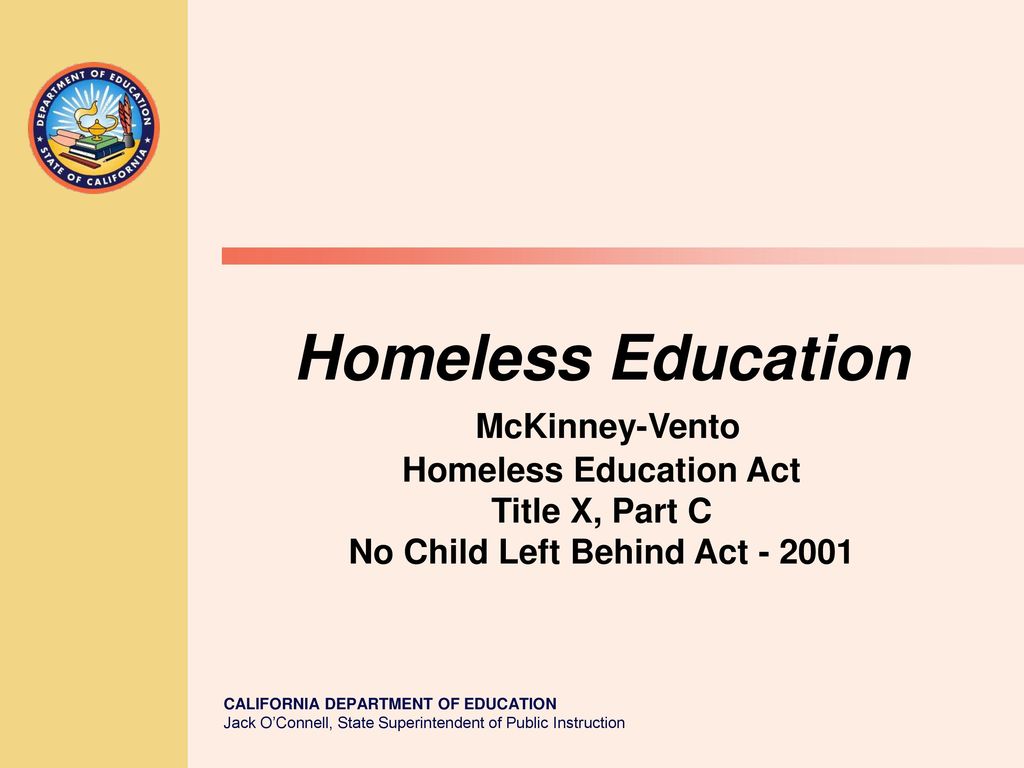 You have the right to pick the provider that you feel would be best for your child.
You have the right to pick the provider that you feel would be best for your child.
Supplemental educational services can include tutoring or remedial help for your child. If you are eligible for supplemental educational services, your school district must provide you with a list of all state-approved supplemental educational service providers in your area. You have the right to pick the provider that you feel would be best for your child.
Charter Schools.
Charter schools are an innovative concept that many parents will find valuable. These schools are public schools, but they have freedoms that allow parents, leaders of the community, and educational entrepreneurs to provide students with more educational options. While charter schools are publicly funded, they are exempt from certain rules and regulations on the state and local levels. These schools were developed to reform public education, with the schools being accountable for outcomes rather than processes.
No Child Left Behind will provide charter schools with financial assistance for start-up costs, facilities, and other costs involved with creating a high-quality educational institution.
Magnet Schools.
A magnet school is intended to do exactly what it sounds like to attract students. Magnet schools tend to focus on a specific subject and follow a specific theme. The schools are meant to attract students from different backgrounds (socially, economically, and racially), creating a diverse educational environment.
Magnet schools can provide students with specific skills that will help them towards a successful career. For instance, some magnet schools may focus on engineering while other magnet schools may focus on humanities. Because the enrollment eligibility for these schools isn't limited to geographic boundaries, they attract a diverse student population.
Some magnet schools operate as a "school within a school.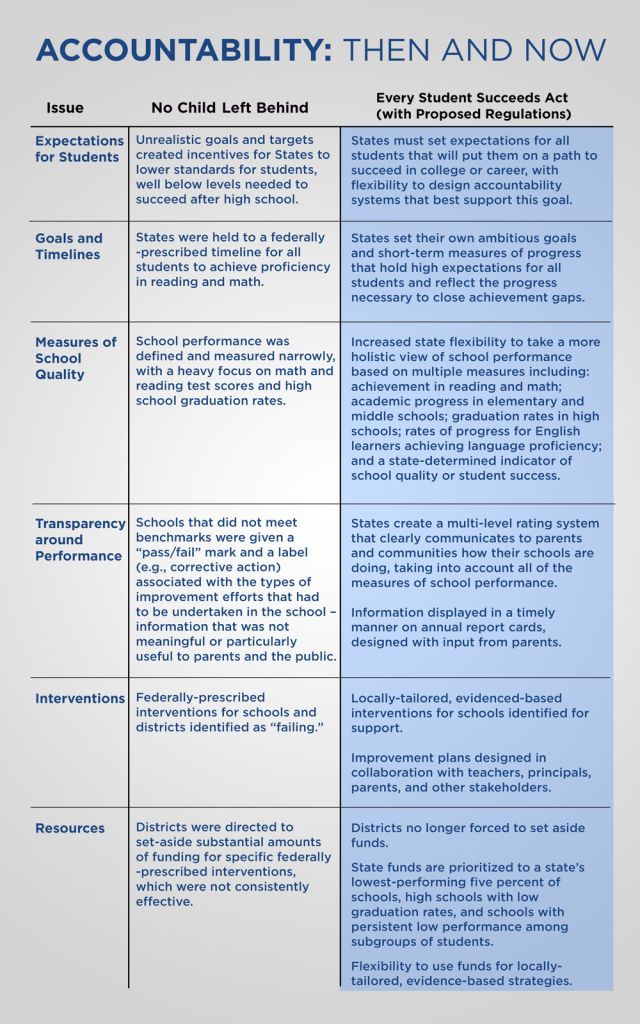 " This is because the actual "magnet school" program is held within a larger, comprehensive school.
" This is because the actual "magnet school" program is held within a larger, comprehensive school.
Unlike charter schools, magnet schools are considered a part of the public school system. They operate under the same hierarchy and follow the same rules and regulations.
Under No Child Left Behind, President Bush has requested that $100 million be budgeted to enable school districts to establish new Magnet Schools. As of today, more than 150,000 students have benefited from this program.
Evaluating Schools.
If you are thinking of moving or if you want to know how your child's school ranks compared to other schools in your area, you need to know where to turn to get information on a school's No Child Left Behind compliance and progress.
Organizations called Parent Information and Resource Centers (PIRCs) work to inform parents about the ratings and progress of different schools in their area. There are currently more than 80 PIRCs in the country providing this service. To find the PIRC in charge of your school district, visit the PIRC website at www.pirc-info.net/pircs.asp.
To find the PIRC in charge of your school district, visit the PIRC website at www.pirc-info.net/pircs.asp.
Once you are at that website, you will be able to perform a search by state. The search results will provide you with the contact information of the PIRC responsible for the area in which you live or the area you are interested in moving to. That PIRC will be able to provide you with the information you need in regards to your school's compliance with No Child Left Behind.
Reform Efforts
Twelve years into the No Child Left Behind experiment, reform still seems to be a distant goal. The mandate expired in 2007, but Congress has yet to come to an agreement on how to rewrite the law. Until the new law was in place, schools were required to continue to abide by the original terms of NCLB. By 2011, Congress still hadn’t passed new education reform, and President Barack Obama took action.
Many schools across the country faced the new proficiency requirements for the 2013-2014 school year, knowing they would not be able to report 100% proficiency for their students.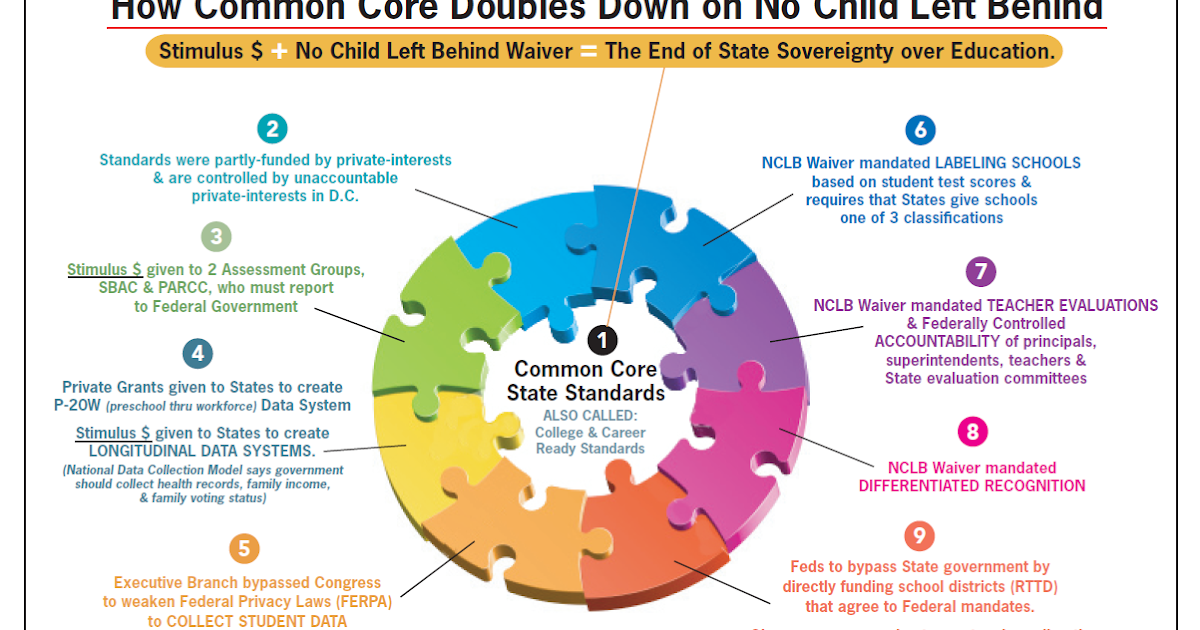 The Obama administration gave schools another option – abide by certain reforms like including student test scores for teacher evaluations and opt out of some of the NCLB requirements. Most schools jumped at the option, with 42 states currently holding waivers for NCLB exemption.
The Obama administration gave schools another option – abide by certain reforms like including student test scores for teacher evaluations and opt out of some of the NCLB requirements. Most schools jumped at the option, with 42 states currently holding waivers for NCLB exemption.
It appears that waivers will continue indefinitely since Congress does not appear any closer to coming to an agreement on reform for NCLB. Many expect the waivers to continue until the end of the Obama Administration. At that point, it will be anyone’s guess as to how the next administration will tackle education reform.
Questions@ Contact us on Facebook. @publicschoolreview
Please enable JavaScript to view the comments powered by Disqus.comments powered by Disqus
Executive Summary
These reforms express my deep belief in our public schools and their mission to build the mind and character of every child, from every background, in every part of America. President George W. Bush Three days after taking office in January 2001 as the 43rd President of the United States, George W. Bush announced No Child Left Behind, his framework for bipartisan education reform that he described as "the cornerstone of my Administration." President Bush emphasized his deep belief in our public schools, but an even greater concern that "too many of our neediest children are being left behind," despite the nearly $200 billion in Federal spending since the passage of the Elementary and Secondary Education Act of 1965 (ESEA). The President called for bipartisan solutions based on accountability, choice, and flexibility in Federal education programs. Less than a year later, despite the unprecedented challenges of engineering an economic recovery while leading the Nation in the war on terrorism following the events of September 11, President Bush secured passage of the landmark No Child Left Behind Act of 2001 (NCLB Act). The NCLB Act, which reauthorizes the ESEA, incorporates the principles and strategies proposed by President Bush. These include increased accountability for States, school districts, and schools; greater choice for parents and students, particularly those attending low-performing schools; more flexibility for States and local educational agencies (LEAs) in the use of Federal education dollars; and a stronger emphasis on reading, especially for our youngest children. Increased AccountabilityThe NCLB Act will strengthen Title I accountability by requiring States to implement statewide accountability systems covering all public schools and students. These systems must be based on challenging State standards in reading and mathematics, annual testing for all students in grades 3-8, and annual statewide progress objectives ensuring that all groups of students reach proficiency within 12 years. More Choices for Parents and StudentsThe NCLB Act significantly increases the choices available to the parents of students attending Title I schools that fail to meet State standards, including immediate relief-beginning with the 2002-03 school year-for students in schools that were previously identified for improvement or corrective action under the 1994 ESEA reauthorization. LEAs must give students attending schools identified for improvement, corrective action, or restructuring the opportunity to attend a better public school, which may include a public charter school, within the school district. For students attending persistently failing schools (those that have failed to meet State standards for at least 3 of the 4 preceding years), LEAs must permit low-income students to use Title I funds to obtain supplemental educational services from the public- or private-sector provider selected by the students and their parents. Providers must meet State standards and offer services tailored to help participating students meet challenging State academic standards. To help ensure that LEAs offer meaningful choices, the new law requires school districts to spend up to 20 percent of their Title I allocations to provide school choice and supplemental educational services to eligible students. In addition to helping ensure that no child loses the opportunity for a quality education because he or she is trapped in a failing school, the choice and supplemental service requirements provide a substantial incentive for low-performing schools to improve. Greater Flexibility for States, School Districts, and SchoolsOne important goal of No Child Left Behind was to breathe new life into the "flexibility for accountability" bargain with States first struck by President George H.W. Bush during his historic 1989 education summit with the Nation's Governors at Charlottesville, Virginia. Prior flexibility efforts have focused on the waiver of program requirements; the NCLB Act moves beyond this limited approach to give States and school districts unprecedented flexibility in the use of Federal education funds in exchange for strong accountability for results. New flexibility provisions in the NCLB Act include authority for States and LEAs to transfer up to 50 percent of the funding they receive under 4 major State grant programs to any one of the programs, or to Title I. The new law also includes a competitive State Flexibility Demonstration Program that permits up to 7 States to consolidate the State share of nearly all Federal State grant programs-including Title I, Part A Grants to Local Educational Agencies-while providing additional flexibility in their use of Title V Innovation funds. Participating States must enter into 5-year performance agreements with the Secretary covering the use of the consolidated funds, which may be used for any educational purpose authorized under the ESEA. As part of their plans, States also must enter into up to 10 local performance agreements with LEAs, which will enjoy the same level of flexibility granted under the separate Local Flexibility Demonstration Program. The new competitive Local Flexibility Demonstration Program would allow up to 80 LEAs, in addition to the 70 LEAs under the State Flexibility Demonstration Program, to consolidate funds received under Teacher Quality State Grants, Educational Technology State Grants, Innovative Programs, and Safe and Drug-Free Schools programs. Putting Reading FirstNo Child Left Behind stated President Bush's unequivocal commitment to ensuring that every child can read by the end of third grade. To accomplish this goal, the new Reading First initiative would significantly increase the Federal investment in scientifically based reading instruction programs in the early grades. One major benefit of this approach would be reduced identification of children for special education services due to a lack of appropriate reading instruction in their early years. The NCLB Act fully implements the President's Reading First initiative. The new Reading First State Grant program will make 6-year grants to States, which will make competitive subgrants to local communities. Local recipients will administer screening and diagnostic assessments to determine which students in grades K-3 are at risk of reading failure, and provide professional development for K-3 teachers in the essential components of reading instruction. The new Early Reading First program will make competitive 6-year awards to LEAs to support early language, literacy, and pre-reading development of preschool-age children, particularly those from low-income families. Recipients will use instructional strategies and professional development drawn from scientifically based reading research to help young children to attain the fundamental knowledge and skills they will need for optimal reading development in kindergarten and beyond. Other Major Program ChangesThe No Child Left Behind Act of 2001 also put the principles of accountability, choice, and flexibility to work in its reauthorization of other major ESEA programs. For example, the new law combines the Eisenhower Professional Development and Class Size Reduction programs into a new Improving Teacher Quality State Grants program that focuses on using practices grounded in scientifically based research to prepare, train, and recruit high-quality teachers. The NCLB Act also simplified Federal support for English language instruction by combining categorical bilingual and immigrant education grants that benefited a small percentage of limited English proficient students in relatively few schools into a State formula program. The new formula program will facilitate the comprehensive planning by States and school districts needed to ensure implementation of programs that benefit all limited English proficient students by helping them learn English and meet the same high academic standards as other students. Other changes will support State and local efforts to keep our schools safe and drug-free, while at the same time ensuring that students-particularly those who have been victims of violent crimes on school grounds-are not trapped in persistently dangerous schools.
Last Modified: 02/10/2004 | ||||||||||||
One-time compensation payment upon the birth of a child
The pre-trial (out-of-court) appeal procedure does not exclude the possibility of appealing decisions and actions (inaction) taken (carried out) in the course of providing public services in court. The pre-trial (out-of-court) appeal procedure is not mandatory for the applicant.
The pre-trial (out-of-court) appeal procedure is not mandatory for the applicant.
The applicant may file a complaint, including in the following cases:
- violation of the deadline for registering a request for the provision of a public service;
- violation of the term for the provision of public services;
- requiring the applicant to provide documents or information or perform actions, the submission or implementation of which is not provided for by the regulatory legal acts of the Russian Federation, regulatory legal acts of the constituent entities of the Russian Federation for the provision of public services;
- refusal to accept documents from the applicant, the submission of which is provided for by the regulatory legal acts of the Russian Federation, the regulatory legal acts of St. Petersburg for the provision of public services;
- refusal to provide a public service, if the grounds for refusal are not provided for by federal laws and other regulatory legal acts of the Russian Federation adopted in accordance with them, laws and other regulatory legal acts of St.
 Petersburg;
Petersburg; - a requirement from the applicant when providing a public service for a fee not provided for by the regulatory legal acts of the Russian Federation, the regulatory legal acts of St. Petersburg;
- refusal of the Administration, an official of the Administration, a civil servant of the Administration to correct typographical errors and errors in documents issued as a result of the provision of a public service, or violation of the deadline for such corrections;
- violation of the term or procedure for issuing documents based on the results of the provision of public services;
- suspension of the provision of a public service, if the grounds for suspension are not provided for by federal laws and other regulatory legal acts of the Russian Federation adopted in accordance with them, laws and other regulatory legal acts of St. Petersburg;
- requirement from the applicant when providing the public service of documents or information, the absence and (or) unreliability of which was not indicated upon the initial refusal to accept the documents necessary for the provision of the public service, or in the provision of the public service, with the exception of cases provided for in clause 4 of part 1 of the article 7 of the Federal Law N 210-FZ.
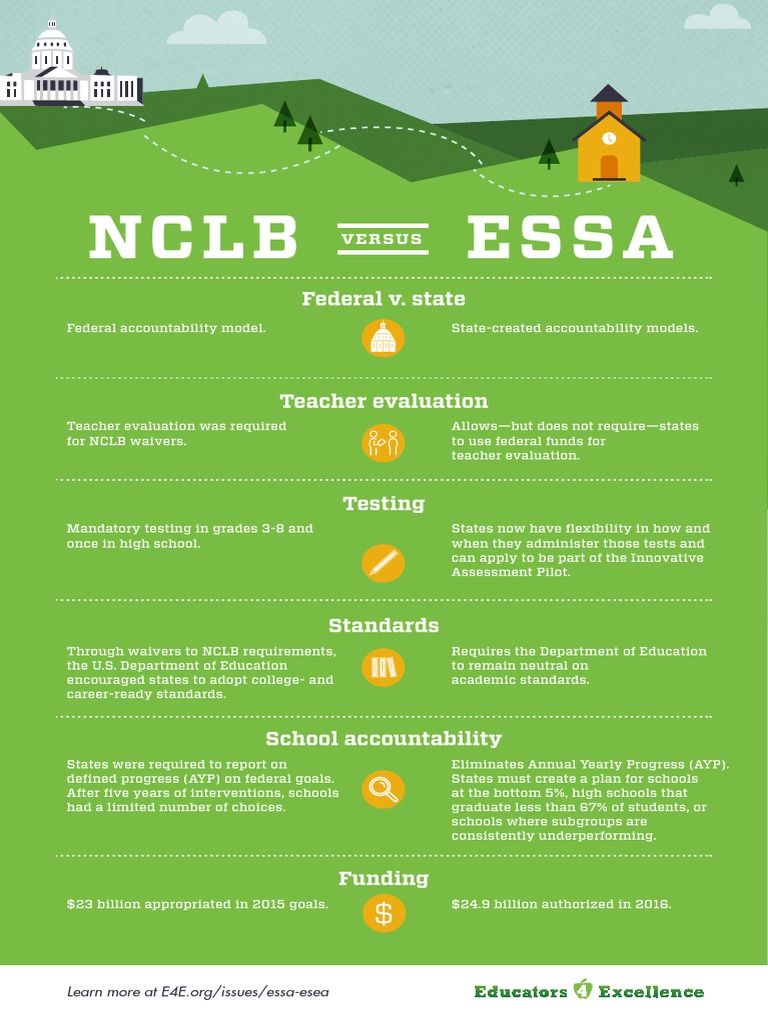
If the complaint is filed through a representative, a document confirming the authority to act on behalf of the complainant is also submitted. A power of attorney issued in accordance with the legislation of the Russian Federation may be presented as a document confirming the authority to act on behalf of the applicant.
Subject of the complaint
The complaint must contain:
- name of the Administration, position and surname, name, patronymic (the last name, if any) of an official or civil servant of the Administration whose decisions and actions (inaction) are being appealed;
- surname, first name, patronymic (the last one - if available), information about the place of residence of the applicant, as well as the contact phone number (numbers), e-mail address (s) (if any) and postal address to which the answer should be sent to the applicant;
- information about the appealed decisions and actions (inaction) of the Administration, an official of the Administration or a civil servant of the Administration, including in the case of filing a complaint with the MFC or through the Portal - the type of violation specified in paragraph 5.
 1.1 of the administrative regulation;
1.1 of the administrative regulation; - arguments on the basis of which the applicant does not agree with the decision and action (inaction) of the Administration, an official of the Administration or a civil servant of the Administration. The applicant may submit documents (if any) confirming the applicant's arguments, or copies thereof.
Executive bodies and officials authorized to consider a complaint, to whom a complaint can be filed in a pre-trial (out-of-court) procedure
A complaint is filed with the district administration that provides public services.
A complaint can also be submitted to a higher body to the vice-governor of St. Petersburg, who directly coordinates and controls the activities of district administrations.
A complaint against decisions and actions (inaction) of the head of the Administration is submitted to the Vice Governor of St. Petersburg, who directly coordinates and controls the activities of district administrations, or, in his absence, to the Government of St. Petersburg.
Petersburg.
Ways to file and handle a complaint
Complaints can be filed:
- in electronic form;
- in writing on paper.
Complaint in writing on paper is carried out:
- by mail;
- through the MFC;
- at the personal reception of the applicant at the Administration (at the place of provision of the public service, that is, at the place where the applicant submitted a request for a public service, the violation of the procedure for the provision of which is being appealed, or at the place where the applicant received the result of the specified public service).
At a personal appointment, the applicant submits in writing on paper a document proving his identity in accordance with the legislation of the Russian Federation.
Documents specified in clause 5.1.2 of the Administrative Regulations may be submitted electronically, but the identity document of the applicant is not required.
An electronic complaint is filed using the Internet through the Administration section on the official website of the Administration of St. Petersburg (the domain name of the site on the Internet is gov.spb.ru), "- gu.spb.ru).
Filling out a request for consideration of a complaint through the Portal is carried out by the applicant personally, subject to the authorization of the applicant on the Portal through the ESIA.
Procedure for consideration of a complaint
A complaint against decisions and actions (inaction) of the Administration, its officials and civil servants is considered by the Administration.
A complaint against an employee of an institution (organization) subordinate to the Administration or about the procedure for providing services by an institution (organization) subordinate to the Administration is considered by the Administration in charge of the institution (organization) concerned.
A complaint against decisions and actions (inaction) of the head of the Administration is considered by a higher authority.
MFC, in case of filing a complaint through the MFC, ensures the transfer of the complaint to the district administration in the manner and within the time limits established by the agreement on interaction between the MFC and the Administration, but no later than the next working day from the date of receipt of the complaint.
If the complaint is filed by the applicant with an authority whose competence does not include making a decision on the grievance, within three working days from the date of its registration, the said authority sends the complaint to the body authorized to consider it and informs the applicant in writing about the redirection of the complaint. In this case, the period for considering a complaint is calculated from the date of registration of the complaint with the body authorized to consider it.
If a federal law establishes a different procedure (procedure) for filing and considering complaints, the provisions of this section do not apply, and the complainant is notified that his complaint will be considered in the manner and within the time limits provided for by federal law.
The administration has the right to leave the complaint unanswered in the following cases:
- presence in the complaint of obscene or offensive language, threats to life, health and property of an official, as well as members of his family;
- inability to read 15 any part of the text of the complaint, surname, name, patronymic (if any) and (or) postal address of the applicant indicated in the complaint.
If the complaint is left unanswered, the Administration, within three working days from the date of registration of the complaint, informs the citizen who filed the complaint about this, if his name and postal address are legible.
Terms for consideration of a complaint
The term for consideration of a complaint is calculated from the day the complaint is registered with the Administration.
A complaint received by the district administration or a higher body must be registered no later than the next working day from the date of its receipt. The complaint is subject to consideration by an official, an employee empowered to consider complaints, within 15 working days from the date of its registration, unless shorter periods for considering a complaint are established by the Administration.
The complaint is subject to consideration by an official, an employee empowered to consider complaints, within 15 working days from the date of its registration, unless shorter periods for considering a complaint are established by the Administration.
In case of appeal against the refusal of the Administration to accept documents from the applicant or to correct typographical errors and (or) errors, or in case of appeal against violation of the deadline for such corrections, the complaint is considered within 5 working days from the date of its registration.
Result of consideration of the complaint
Based on the results of consideration of the complaint, the Administration takes one of the following decisions:
- to the applicant of funds, the collection of which is not provided for by the regulatory legal acts of the Russian Federation, the regulatory legal acts of St. Petersburg;
- refuses to satisfy the complaint.
This decision is made in the form of an act of the Administration.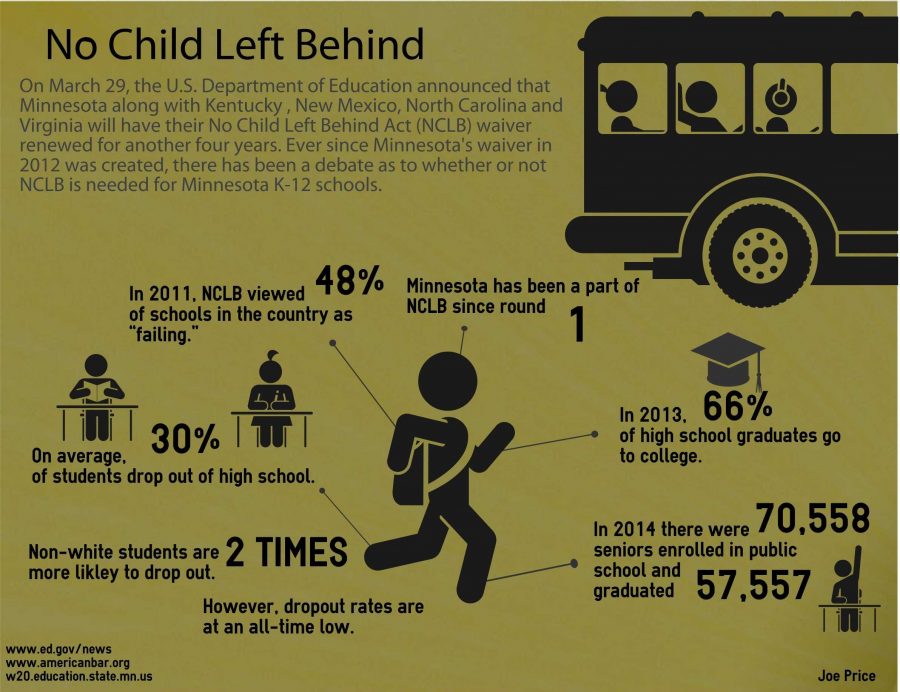
Based on the results of the audit, in the absence of arguments in the complaint confirming the existence of the type of violation of the procedure for the provision of services specified by the applicant, the official responsible for considering the complaint decides to refuse to consider the complaint on the merits due to the inconsistency of the information contained in the complaint with the specified type violations.
The administration refuses to satisfy the complaint in the following cases:
- the presence of a court decision that has entered into force, an arbitration court on a complaint about the same subject and on the same grounds;
- filing a complaint by a person whose powers have not been confirmed in the manner prescribed by the legislation of the Russian Federation;
- the presence of a decision on the complaint, taken earlier in accordance with the requirements of the administrative regulations in relation to the same applicant and on the same subject of the complaint.

In the event that, during or as a result of the consideration of a complaint, signs of an administrative offense or crime are established, an official, an employee empowered to consider complaints in accordance with clause 5.3 of the administrative regulation, immediately send the available materials to the prosecutor's office.
The procedure for informing the applicant about the results of the consideration of the complaint
When the complaint is satisfied, the Administration takes comprehensive measures to eliminate the identified violations, including the issuance of the result of the public service to the applicant, no later than 5 working days from the date of the decision, unless otherwise provided by law Russian Federation.
No later than the day following the day the decision was made, the applicant in writing and, at the request of the applicant, in electronic form, is sent a reasoned response on the results of the consideration of the complaint.
The response based on the results of consideration of the complaint shall include:
- name of the Administration, position, surname, name, patronymic (if any) of the official who made the decision on the complaint;
- number, date, place of the decision, including information about the official, employee whose decision or action (inaction) is being appealed;
- surname, name, patronymic (if any) or name of the applicant;
- grounds for making a decision on the complaint;
- decision made on the complaint;
- if the complaint is found to be justified - the deadlines for eliminating the identified violations, including the deadline for providing the result of the public service;
- if the complaint is found unfounded - reasoned explanations about the reasons for the decision, as well as information on the procedure for appealing the decision.
Also, in the response on the results of the consideration of the complaint, they apologize for the inconvenience caused and indicate information on further actions that the applicant needs to take in order to receive the public service.
The response based on the results of the consideration of the complaint is signed by an official of the Administration authorized to consider the complaint, endowed with the authority to consider complaints.
At the request of the applicant, a response based on the results of consideration of the complaint may be submitted no later than the day following the day the decision was made, in the form of an electronic document signed by an electronic signature of an official of the Administration authorized to consider the complaint, the form of which is established by the legislation of the Russian Federation.
Procedure for appealing against a decision on a complaint
A decision made based on the results of consideration of a complaint can be appealed to the Vice Governor of St. Petersburg, who directly coordinates and controls the activities of district administrations (Smolny proezd, 1, letter B, St. Petersburg , 191060. tel. (812) 576-66-51), to the Government of St. Petersburg, as well as to the court in the manner and within the time limits stipulated by the current legislation.
Petersburg, as well as to the court in the manner and within the time limits stipulated by the current legislation.
The applicant has the right to receive information and documents necessary to substantiate and consider the complaint.
Informing applicants about the procedure for filing and considering a complaint is carried out by posting information on the Portal.
Informing applicants about the procedure for appealing decisions and actions (inaction) is also carried out when the applicant contacts by phone, e-mail addresses, as well as in person at the addresses indicated on the official website of the Administration and on the Portal.
The provisions of this section, which establish the procedure for filing and considering complaints of applicants about violations of their rights in the provision of public services, do not apply to relations regulated by the Federal Law "On the Procedure for Considering Appeals from Citizens of the Russian Federation" (Law No. 59-FZ).
59-FZ).
Applicants' complaints about the organization of the provision of public services in the Administration are submitted and considered in the manner prescribed by Law No. 59-FZ.
One-time compensation payment upon the birth of a child
The pre-trial (out-of-court) appeal procedure does not exclude the possibility of appealing against decisions and actions (inaction) taken (carried out) in the course of providing public services in court. The pre-trial (out-of-court) appeal procedure is not mandatory for the applicant.
The applicant may file a complaint, including in the following cases:
- violation of the deadline for registering a request for the provision of a public service;
- violation of the term for the provision of public services;
- requiring the applicant to provide documents or information or perform actions, the submission or implementation of which is not provided for by the regulatory legal acts of the Russian Federation, regulatory legal acts of the constituent entities of the Russian Federation for the provision of public services;
- refusal to accept documents from the applicant, the submission of which is provided for by the regulatory legal acts of the Russian Federation, the regulatory legal acts of St.
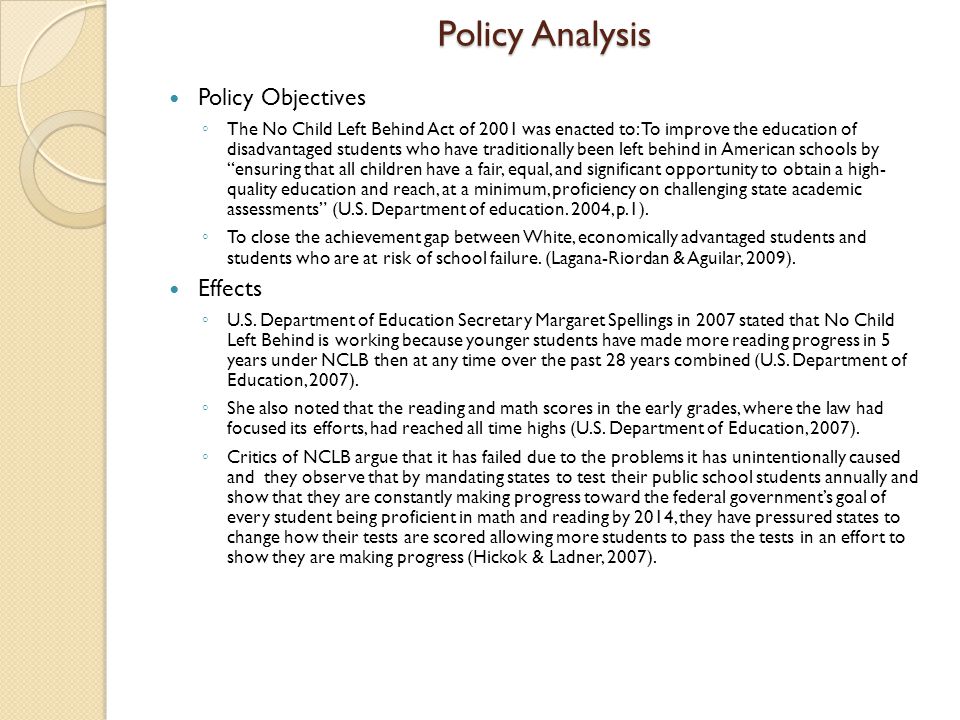 Petersburg for the provision of public services;
Petersburg for the provision of public services; - refusal to provide a public service, if the grounds for refusal are not provided for by federal laws and other regulatory legal acts of the Russian Federation adopted in accordance with them, laws and other regulatory legal acts of St. Petersburg;
- a requirement from the applicant when providing a public service for a fee not provided for by the regulatory legal acts of the Russian Federation, the regulatory legal acts of St. Petersburg;
- refusal of the Administration, an official of the Administration, a state civil servant of the Administration to correct typographical errors and errors in documents issued as a result of the provision of a public service, or violation of the deadline for such corrections;
- violation of the term or procedure for issuing documents based on the results of the provision of public services;
- suspension of the provision of a public service, if the grounds for suspension are not provided for by federal laws and other regulatory legal acts of the Russian Federation adopted in accordance with them, laws and other regulatory legal acts of St.
 Petersburg;
Petersburg; - requirement from the applicant when providing the public service of documents or information, the absence and (or) unreliability of which was not indicated upon the initial refusal to accept the documents necessary for the provision of the public service, or in the provision of the public service, with the exception of cases provided for in clause 4 of part 1 of the article 7 of the Federal Law N 210-FZ.
If the complaint is filed through a representative, a document confirming the authority to act on behalf of the complainant is also submitted. A power of attorney issued in accordance with the legislation of the Russian Federation may be presented as a document confirming the authority to act on behalf of the applicant.
Subject of the complaint
The complaint must contain:
- name of the Administration, position and surname, name, patronymic (the last one - if any) of an official or civil servant of the Administration whose decisions and actions (inaction) are being appealed;
- surname, first name, patronymic (the last one - if available), information about the place of residence of the applicant, as well as the contact phone number (numbers), e-mail address (s) (if any) and postal address to which the answer should be sent to the applicant;
- information about the appealed decisions and actions (inaction) of the Administration, an official of the Administration or a civil servant of the Administration, including in the case of filing a complaint with the MFC or through the Portal - the type of violation specified in paragraph 5.
 1.1 of the administrative regulation;
1.1 of the administrative regulation; - arguments on the basis of which the applicant does not agree with the decision and action (inaction) of the Administration, an official of the Administration or a civil servant of the Administration. The applicant may submit documents (if any) confirming the applicant's arguments, or copies thereof.
Executive bodies and officials authorized to consider a complaint, to whom a complaint can be filed in a pre-trial (out-of-court) procedure
The complaint is filed with the district administration providing the public service.
A complaint can also be submitted to a higher body to the vice-governor of St. Petersburg, who directly coordinates and controls the activities of district administrations.
A complaint against decisions and actions (inaction) of the head of the Administration is submitted to the Vice Governor of St. Petersburg, who directly coordinates and controls the activities of district administrations, or, in his absence, to the Government of St. Petersburg.
Petersburg.
Ways to file and handle a complaint
Complaints can be filed:
- in electronic form;
- in writing on paper.
Complaint in writing on paper is carried out:
- by mail;
- through the MFC;
- at the personal reception of the applicant at the Administration (at the place of provision of the public service, that is, at the place where the applicant submitted a request for a public service, the violation of the procedure for the provision of which is being appealed, or at the place where the applicant received the result of the specified public service).
At a personal appointment, the applicant submits in writing on paper a document proving his identity in accordance with the legislation of the Russian Federation.
Documents specified in clause 5.1.2 of the Administrative Regulations may be submitted electronically, but the identity document of the applicant is not required.
An electronic complaint is filed using the Internet through the Administration section on the official website of the Administration of St. Petersburg (the domain name of the site on the Internet is gov.spb.ru), "- gu.spb.ru).
Filling out a request for consideration of a complaint through the Portal is carried out by the applicant personally, subject to the authorization of the applicant on the Portal through the ESIA.
Procedure for consideration of a complaint
A complaint against decisions and actions (inaction) of the Administration, its officials and civil servants is considered by the Administration.
A complaint against an employee of an institution (organization) subordinate to the Administration or about the procedure for providing services by an institution (organization) subordinate to the Administration is considered by the Administration in charge of the institution (organization) concerned.
A complaint against decisions and actions (inaction) of the head of the Administration is considered by a higher authority.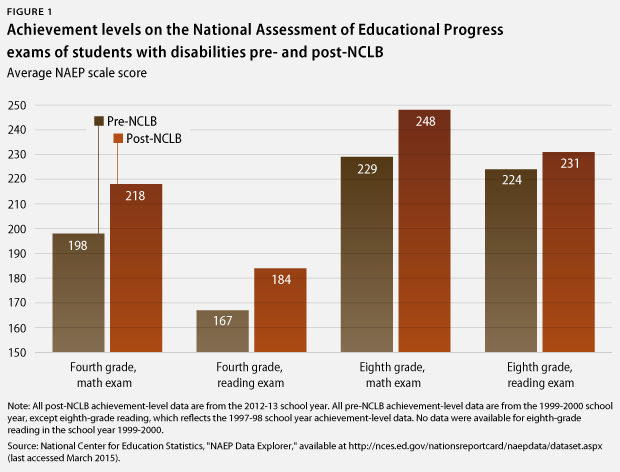
MFC, in case of filing a complaint through the MFC, ensures the transfer of the complaint to the district administration in the manner and within the time limits established by the agreement on interaction between the MFC and the Administration, but no later than the next working day from the date of receipt of the complaint.
If the complaint is filed by the applicant with an authority whose competence does not include making a decision on the grievance, within three working days from the date of its registration, the said authority sends the complaint to the body authorized to consider it and informs the applicant in writing about the redirection of the complaint. In this case, the period for considering a complaint is calculated from the date of registration of the complaint with the body authorized to consider it.
If a federal law establishes a different procedure (procedure) for filing and considering complaints, the provisions of this section do not apply, and the complainant is notified that his complaint will be considered in the manner and within the time limits provided for by federal law.
The administration has the right to leave the complaint unanswered in the following cases:
- presence in the complaint of obscene or offensive language, threats to life, health and property of an official, as well as members of his family;
- inability to read 15 any part of the text of the complaint, surname, name, patronymic (if any) and (or) postal address of the applicant indicated in the complaint.
If the complaint is left unanswered, the Administration, within three working days from the date of registration of the complaint, informs the citizen who filed the complaint about this, if his name and postal address are legible.
Terms for consideration of a complaint
The term for consideration of a complaint is calculated from the day the complaint is registered with the Administration.
A complaint received by the district administration or a higher body must be registered no later than the next working day from the date of its receipt. The complaint is subject to consideration by an official, an employee empowered to consider complaints, within 15 working days from the date of its registration, unless shorter periods for considering a complaint are established by the Administration.
The complaint is subject to consideration by an official, an employee empowered to consider complaints, within 15 working days from the date of its registration, unless shorter periods for considering a complaint are established by the Administration.
In case of appeal against the refusal of the Administration to accept documents from the applicant or to correct typographical errors and (or) errors, or in case of appeal against violation of the deadline for such corrections, the complaint is considered within 5 working days from the date of its registration.
Result of consideration of the complaint
Based on the results of consideration of the complaint, the Administration takes one of the following decisions:
- to the applicant of funds, the collection of which is not provided for by the regulatory legal acts of the Russian Federation, the regulatory legal acts of St. Petersburg;
- refuses to satisfy the complaint.
This decision is made in the form of an act of the Administration.
Based on the results of the audit, in the absence of arguments in the complaint confirming the existence of the type of violation of the procedure for the provision of services specified by the applicant, the official responsible for considering the complaint decides to refuse to consider the complaint on the merits due to the inconsistency of the information contained in the complaint with the specified type violations.
The administration refuses to satisfy the complaint in the following cases:
- the presence of a court decision that has entered into force, an arbitration court on a complaint about the same subject and on the same grounds;
- filing a complaint by a person whose powers have not been confirmed in the manner prescribed by the legislation of the Russian Federation;
- the presence of a decision on the complaint, taken earlier in accordance with the requirements of the administrative regulations in relation to the same applicant and on the same subject of the complaint.
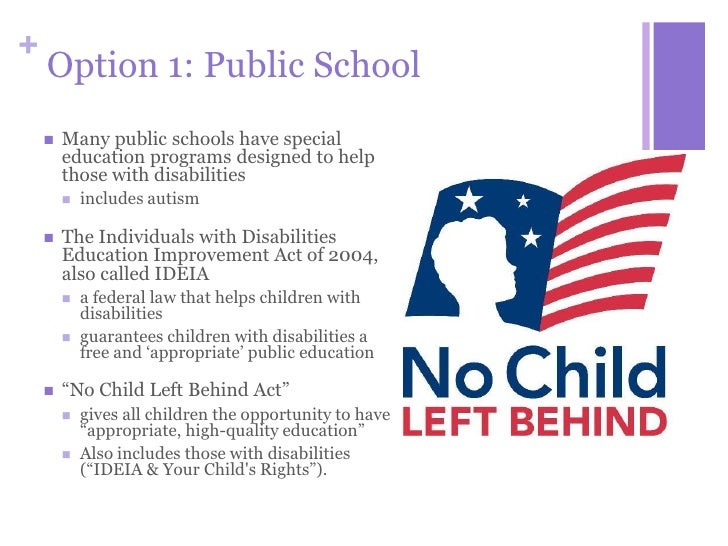
In the event that, during or as a result of the consideration of a complaint, signs of an administrative offense or crime are established, an official, an employee empowered to consider complaints in accordance with clause 5.3 of the administrative regulation, immediately send the available materials to the prosecutor's office.
The procedure for informing the applicant about the results of the consideration of the complaint
When the complaint is satisfied, the Administration takes comprehensive measures to eliminate the identified violations, including the issuance of the result of the public service to the applicant, no later than 5 working days from the date of the decision, unless otherwise provided by law Russian Federation.
No later than the day following the day the decision was made, the applicant in writing and, at the request of the applicant, in electronic form, is sent a reasoned response on the results of the consideration of the complaint.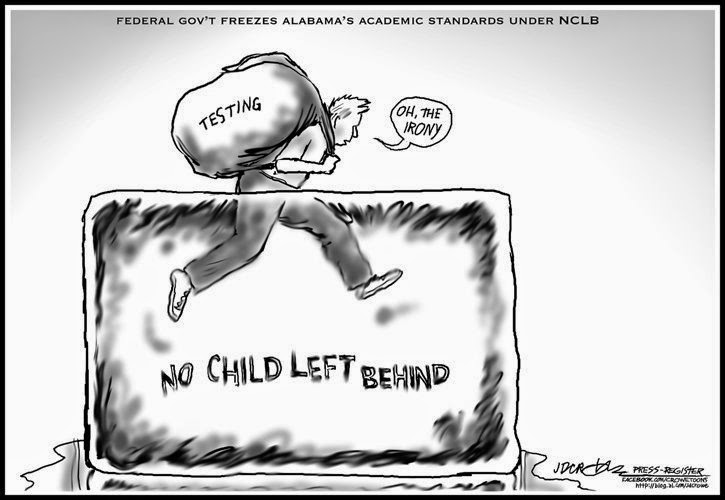
The response based on the results of consideration of the complaint shall include:
- name of the Administration, position, surname, name, patronymic (if any) of the official who made the decision on the complaint;
- number, date, place of the decision, including information about the official, employee whose decision or action (inaction) is being appealed;
- surname, name, patronymic (if any) or name of the applicant;
- grounds for making a decision on the complaint;
- decision made on the complaint;
- if the complaint is found to be justified - the deadlines for eliminating the identified violations, including the deadline for providing the result of the public service;
- if the complaint is found unfounded - reasoned explanations about the reasons for the decision, as well as information on the procedure for appealing the decision.
Also, in the response on the results of the consideration of the complaint, they apologize for the inconvenience caused and indicate information on further actions that the applicant needs to take in order to receive the public service.
The response based on the results of the consideration of the complaint is signed by an official of the Administration authorized to consider the complaint, endowed with the authority to consider complaints.
At the request of the applicant, a response based on the results of consideration of the complaint may be submitted no later than the day following the day the decision was made, in the form of an electronic document signed by an electronic signature of an official of the Administration authorized to consider the complaint, the form of which is established by the legislation of the Russian Federation.
Procedure for appealing against a decision on a complaint
A decision made based on the results of consideration of a complaint can be appealed to the Vice Governor of St. Petersburg, who directly coordinates and controls the activities of district administrations (Smolny proezd, 1, letter B, St. Petersburg , 191060. tel. (812) 576-66-51), to the Government of St.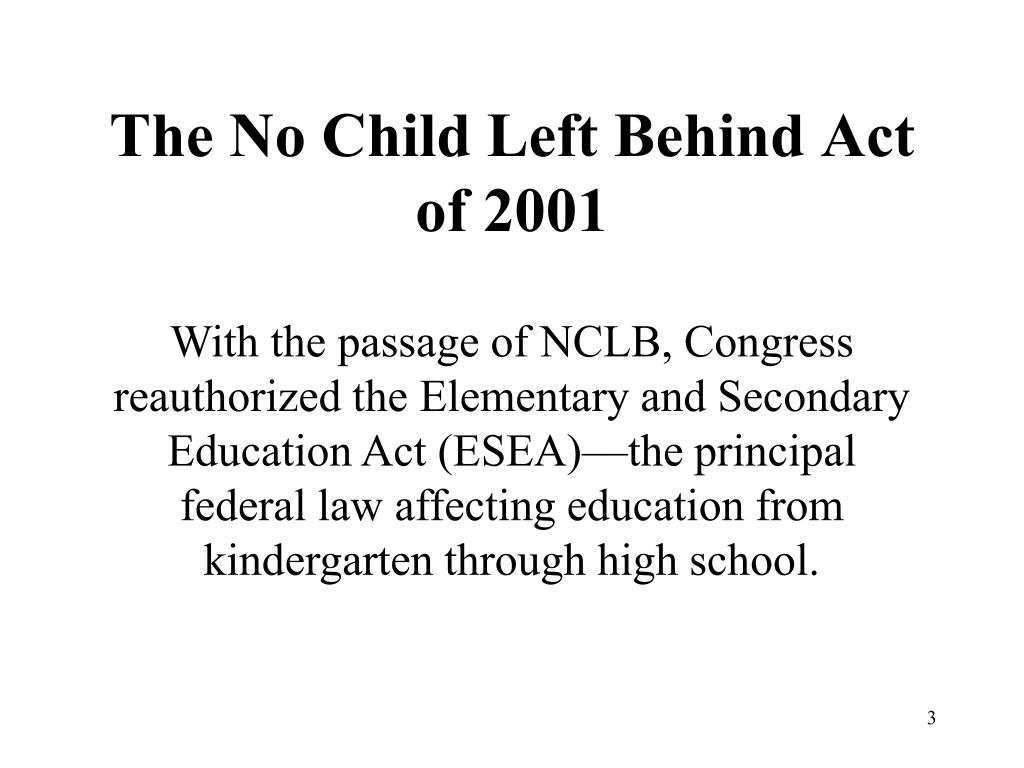 Petersburg, as well as to the court in the manner and within the time limits stipulated by the current legislation.
Petersburg, as well as to the court in the manner and within the time limits stipulated by the current legislation.
The applicant has the right to receive information and documents necessary to substantiate and consider the complaint.
Informing applicants about the procedure for filing and considering a complaint is carried out by posting information on the Portal.
Informing applicants about the procedure for appealing decisions and actions (inaction) is also carried out when the applicant contacts by phone, e-mail addresses, as well as in person at the addresses indicated on the official website of the Administration and on the Portal.
The provisions of this section, which establish the procedure for filing and considering complaints of applicants about violations of their rights in the provision of public services, do not apply to relations regulated by the Federal Law "On the Procedure for Considering Appeals from Citizens of the Russian Federation" (Law No.

 The new law reflects a remarkable consensus-first articulated in the President's No Child Left Behind framework-on how to improve the performance of America's elementary and secondary schools while at the same time ensuring that no child is trapped in a failing school.
The new law reflects a remarkable consensus-first articulated in the President's No Child Left Behind framework-on how to improve the performance of America's elementary and secondary schools while at the same time ensuring that no child is trapped in a failing school.  Assessment results and State progress objectives must be broken out by poverty, race, ethnicity, disability, and limited English proficiency to ensure that no group is left behind. School districts and schools that fail to make adequate yearly progress (AYP) toward statewide proficiency goals will, over time, be subject to improvement, corrective action, and restructuring measures aimed at getting them back on course to meet State standards. Schools that meet or exceed AYP objectives or close achievement gaps will be eligible for State Academic Achievement Awards.
Assessment results and State progress objectives must be broken out by poverty, race, ethnicity, disability, and limited English proficiency to ensure that no group is left behind. School districts and schools that fail to make adequate yearly progress (AYP) toward statewide proficiency goals will, over time, be subject to improvement, corrective action, and restructuring measures aimed at getting them back on course to meet State standards. Schools that meet or exceed AYP objectives or close achievement gaps will be eligible for State Academic Achievement Awards. The district must provide transportation to the new school, and must use at least 5 percent of its Title I funds for this purpose, if needed.
The district must provide transportation to the new school, and must use at least 5 percent of its Title I funds for this purpose, if needed. Schools that want to avoid losing students-along with the portion of their annual budgets typically associated with those students-will have to improve or, if they fail to make AYP for 5 years, run the risk of reconstitution under a restructuring plan.
Schools that want to avoid losing students-along with the portion of their annual budgets typically associated with those students-will have to improve or, if they fail to make AYP for 5 years, run the risk of reconstitution under a restructuring plan.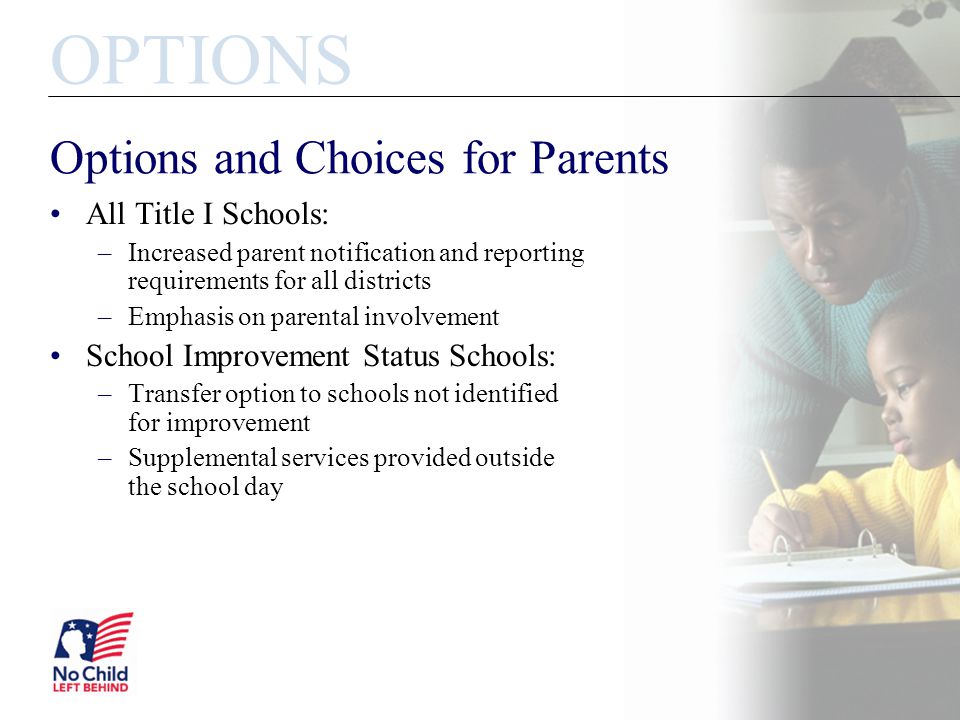 The covered programs include Teacher Quality State Grants, Educational Technology, Innovative Programs, and Safe and Drug-Free Schools.
The covered programs include Teacher Quality State Grants, Educational Technology, Innovative Programs, and Safe and Drug-Free Schools. Participating LEAs would enter into performance agreements with the Secretary of Education, and would be able to use the consolidated funds for any ESEA-authorized purpose.
Participating LEAs would enter into performance agreements with the Secretary of Education, and would be able to use the consolidated funds for any ESEA-authorized purpose.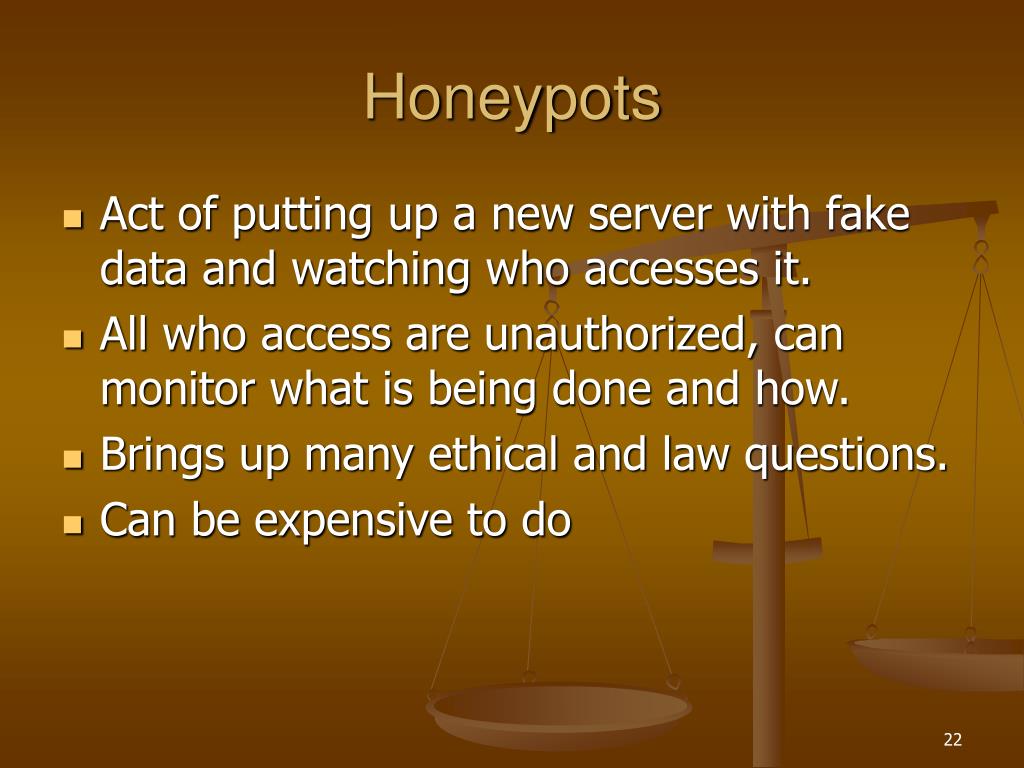
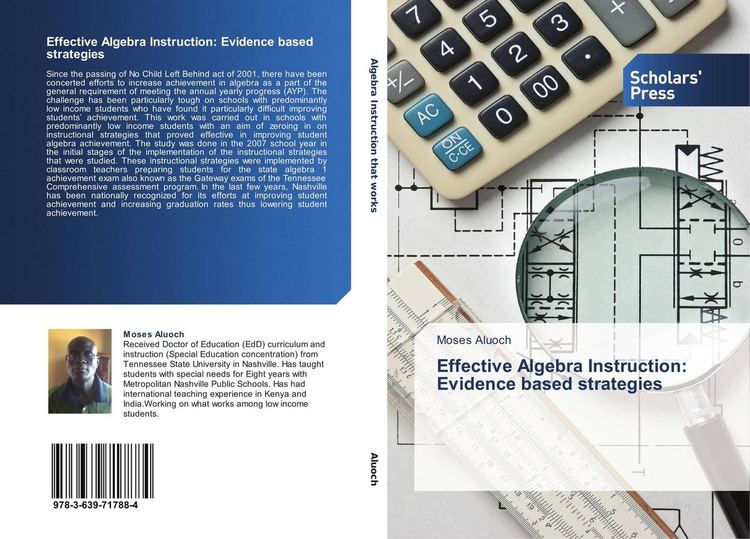 The new program gives States and LEAs flexibility to select the strategies that best meet their particular needs for improved teaching that will help them raise student achievement in the core academic subjects. In return for this flexibility, LEAs are required to demonstrate annual progress in ensuring that all teachers teaching in core academic subjects within the State are highly qualified.
The new program gives States and LEAs flexibility to select the strategies that best meet their particular needs for improved teaching that will help them raise student achievement in the core academic subjects. In return for this flexibility, LEAs are required to demonstrate annual progress in ensuring that all teachers teaching in core academic subjects within the State are highly qualified. As proposed in No Child Left Behind, States must allow students who attend a persistently dangerous school, or who are victims of violent crime at school, to transfer to a safe school. States also must report school safety statistics to the public on a school-by-school basis, and LEAs must use Federal Safe and Drug-Free Schools and Communities funding to implement drug and violence prevention programs of demonstrated effectiveness.
As proposed in No Child Left Behind, States must allow students who attend a persistently dangerous school, or who are victims of violent crime at school, to transfer to a safe school. States also must report school safety statistics to the public on a school-by-school basis, and LEAs must use Federal Safe and Drug-Free Schools and Communities funding to implement drug and violence prevention programs of demonstrated effectiveness.